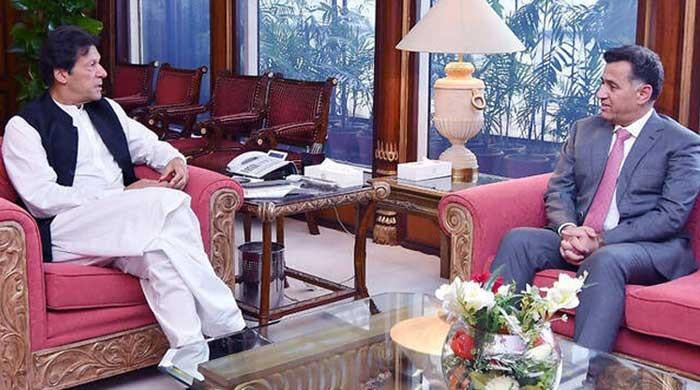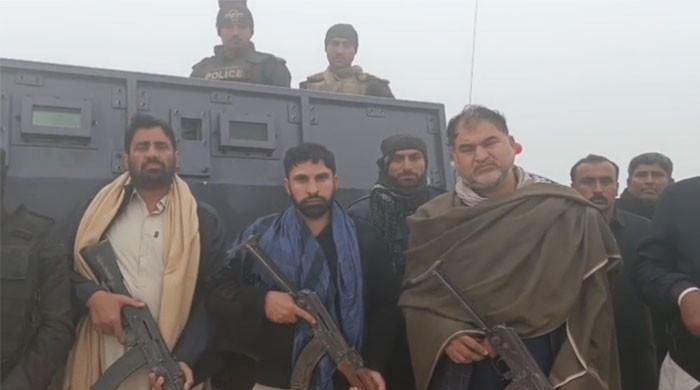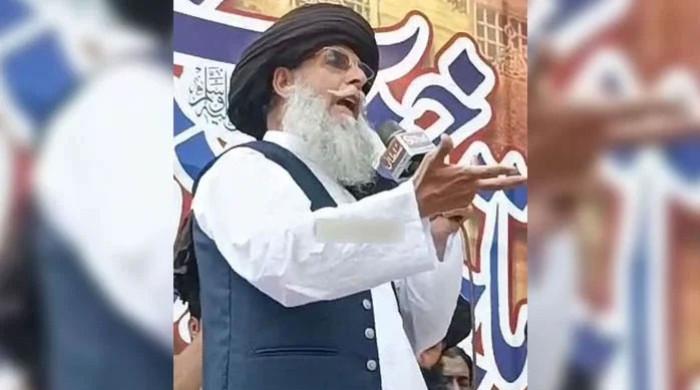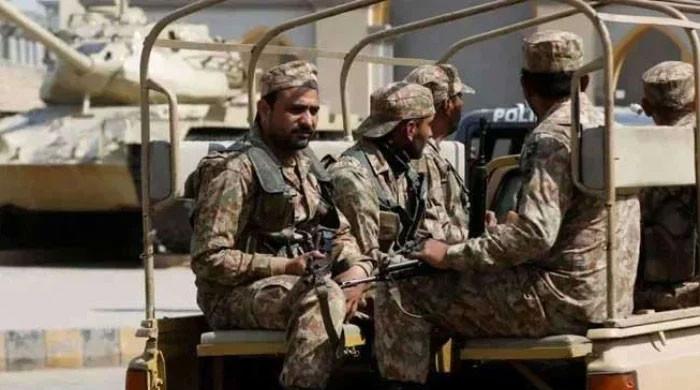Bear necessities: Cub rescued by Pakistan at LoC prepares for life back in Kashmir wild
Two-month-old Daboo was half starving and suffering from scabies and a severe ear infection when rescued
July 13, 2021
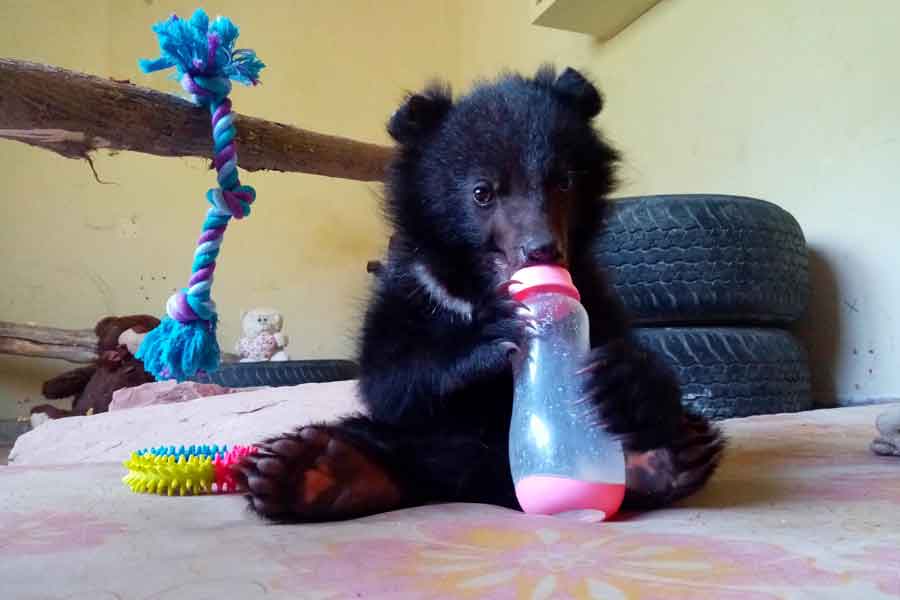
ISLAMABAD: When poachers shot and killed his mother, the future looked bleak for Daboo. Still too young to open his eyes, the black bear cub was put in a sack and had his ears cut off in preparation for being sold to baiters.
But before the poachers could make the sale, he was rescued and taken to an animal sanctuary in Islamabad.
"He was a little baby bear that was stolen from his mother; in fact his mother was murdered," said Rina Satti, chairperson at Islamabad Wildlife Management Board (IWMB), where he is being nursed back to health.
Though banned, bear-baiting persists in some parts of Pakistan and, at the time of his rescue, two-month-old Daboo was half starving and suffering from scabies and a severe ear infection.
Now, two months on, filled out and with a glossy black coat, he plays in his wooded sanctuary, taking baths and nibbling at the fruit and vegetables scattered among shrubs as his carers try to teach him how to fend for himself.
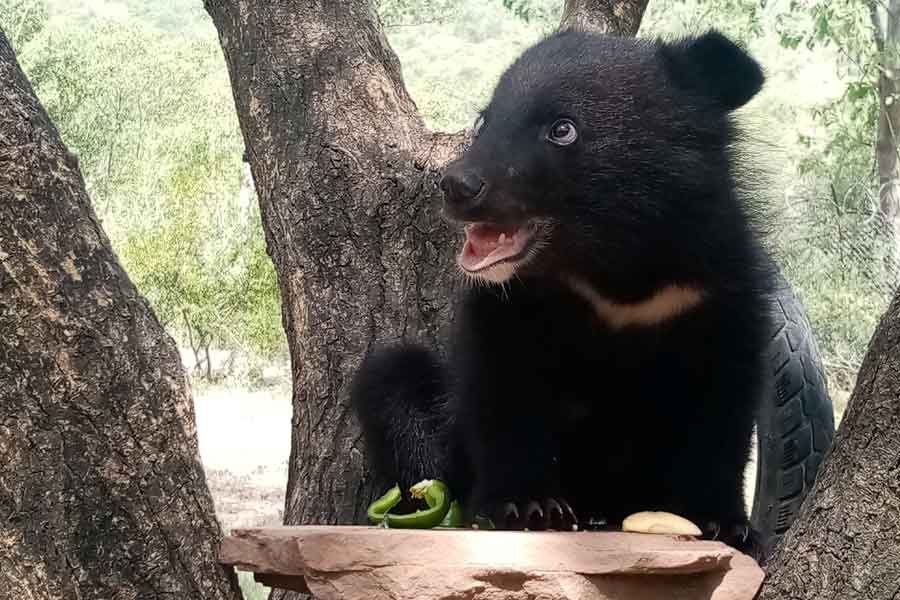
They hope to release him, microchipped, back into the wild when he turns one, near the heavily militarised Line of Control in Kashmir that separates Pakistan and India, where he was captured.
"We will take him to his habitat, but we will not just leave him there," said IWMB caretaker Anees Hussain. "We will have to keep monitoring him for some time to ensure that he can survive there."




